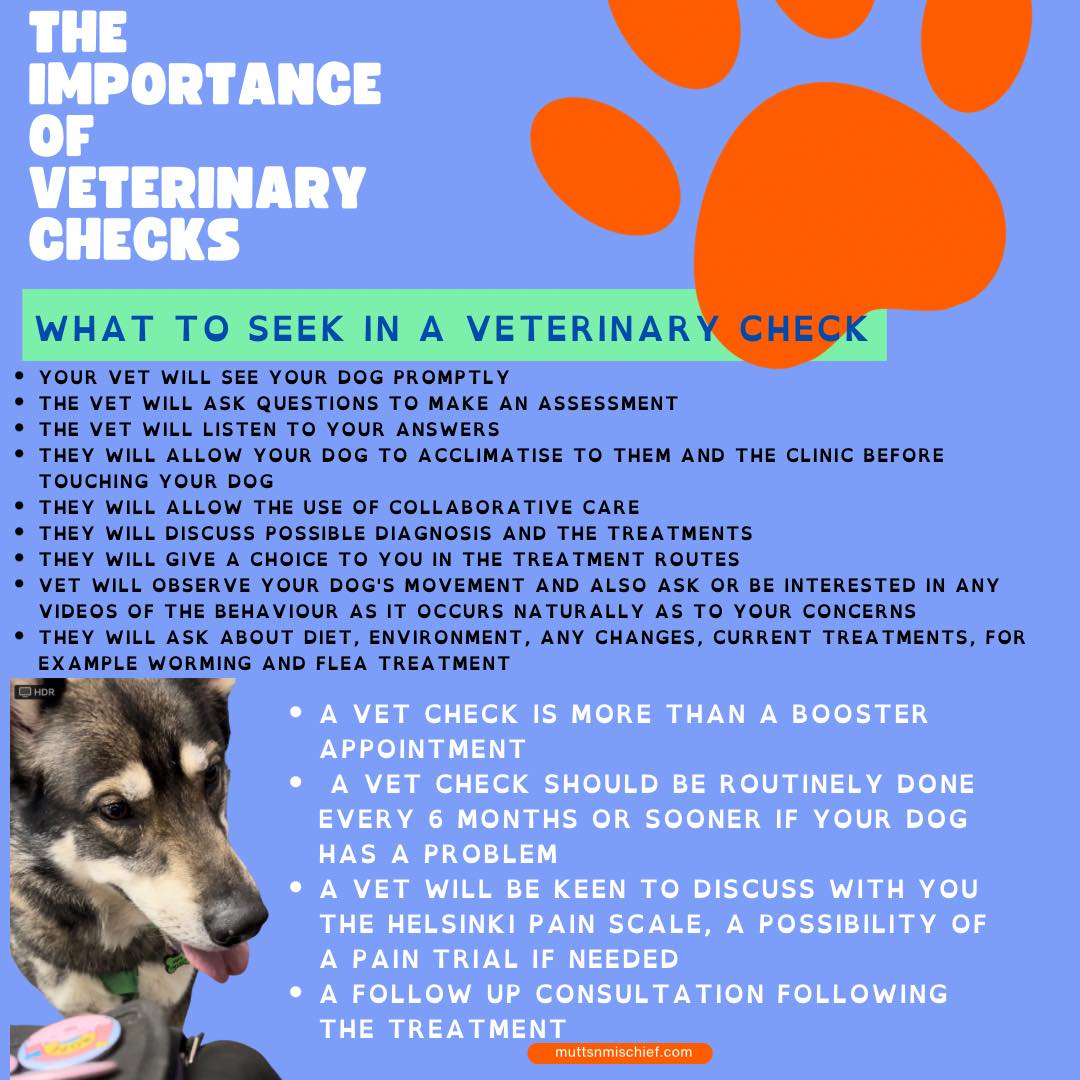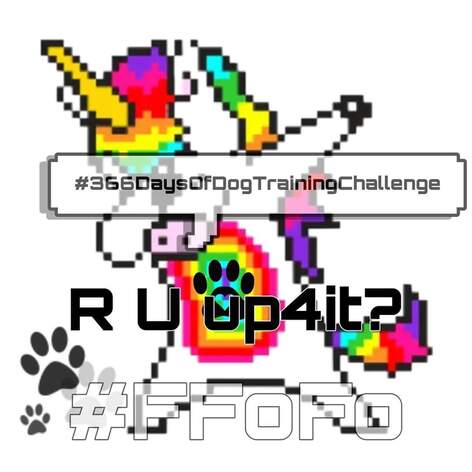|
Yesterday I took Django to the vets as he has been itchy and chewing himself. I was really worried as to what could be wrong. Fully prepared for the possibility of an allergy test, pharma medications, imaging…
Our vet team is absolutely brilliant and they are so helpful and make us feel safe. This was Django's first time at the new vets surgery yesterday and he was made to feel welcome and safe which is really important. The vet took his time with Django allowing Django to acclimatise, he watched his movements and asked lots of questions. Then listened to my worries and gave a diagnosis and possible treatment options. The vet was quick, gentle, assisted by a team member and allowed us to comfort Django and support him as he needed. The vet explained how the next 48 hours will be and then to observe for the next three weeks and a follow up option too. He then explained that Django will need to come in regularly for checks to monitor him for the future now that his anal glands have been expressed. They also give information as to why they do what they do, for example antibiotics and how the antibiotics work. Good vets really have patient care at the centre of their work and make the patient feel safe and secure despite uncomfortable treatments. 6 month regular checks are really helpful for your vet to get to know your dog and create a baseline of what is normal behaviours for your dog, their diet, environment and routine. So that when the day comes when something could be wrong, just like your own doctor your vet knows your dog too as well as you! Image description: A pale blue background of an infographic. The title reads: The importance of veterinary checks in white. There is an orange paw in the background. The subtitle reads: what to seek in a veterinary check. The main body of text reads: Your vet will see your dog promptly The vet will ask questions to make an assessment the vet will listen to your answers They will allow your dog to acclimatise to them and the clinic before touching your dog They will allow the use of collaborative care They will discuss possible diagnosis and the treatments They will give a choice to you in the treatment routes Vet will observe your dog's movement and also ask or be interested in any videos of the behaviour as it occurs naturally as to your concerns They will ask about diet, environment, any changes, current treatments, for example worming and flea treatment The second main body of text to the right reads: a Vet check is more than a booster appointment a Vet check should be routinely done every 6 months or sooner if your dog has a problem A Vet will be keen to discuss with you the Helsinki pain scale, a possibility of a pain trial if needed A follow up consultation following the treatment To the bottom left is a Wolfdog with his mouth open next to a treat bag. The background has been removed.
1 Comment
4/7/2024 03:09:01 pm
Thanks for the post, I believe you have noticed some quite important information.
Reply
Leave a Reply. |
BlogFor Mutts & Mischief If you enjoy my blogs and
would like to support my work, you can support me by buying me a Coffee! Archives
July 2024
|
Or are you looking for support and would like to get to know us better?
If the answer is yes then click the image below to join my free facebook group. What is Mutts & Mischief Community?
So it is what it says on the tin! Its a community that is international of Clients and Colleagues with the most supportive and friendly people on the planet. Dog Trainers and Behaviourists from all over the world!
Why did I set up such a mammoth group?
I wanted to have a group exclusively for Clients. For support and to meet uo and build on friendships from Classes or One to Ones. I want Clients to see you are not alone with your Dog and the problem you maybe having that you are not the first and won't be the last! I wanted a safe place where Clients could trade stories good and bad in one place for free!
I also wanted a safe place for the Trainers and Behaviourists I mentor within Social Media Platforms.
Why do this for free?
Because when I say I offer an holistic service I really do. It isn't about the money it is about you and your dogs. You and your dogs are all that matter.
So I wanted to encourage people to do homework and build better quality relationships with their dogs. So 3 years ago I had a mad idea and set up the 100 days of dog training challenge. Once a day people would spend 5 minutes plus training their dog. Recording it and uploading their video onto the Community. Every participant recieved a Certificate.
What I didn't count on was how many Professionals wanted to join and how fast word would spread. So this year 2020 I set up a 366 days of dog training challenge.
We have Clients in America, Greece, Norway, Denmark and Spain. We have Trainers from Greece, Norway, Isle of Wight, America and many more Countries. As well as dog trainers and trainee behaviourists: I mentor all over the world.
So again yes this group is free. It is still primarily for clients and for people to get to know me but we also have the challenge running. Again for free. So if you want to join click the image below to be taken to the group directly. See you there!
So it is what it says on the tin! Its a community that is international of Clients and Colleagues with the most supportive and friendly people on the planet. Dog Trainers and Behaviourists from all over the world!
Why did I set up such a mammoth group?
I wanted to have a group exclusively for Clients. For support and to meet uo and build on friendships from Classes or One to Ones. I want Clients to see you are not alone with your Dog and the problem you maybe having that you are not the first and won't be the last! I wanted a safe place where Clients could trade stories good and bad in one place for free!
I also wanted a safe place for the Trainers and Behaviourists I mentor within Social Media Platforms.
Why do this for free?
Because when I say I offer an holistic service I really do. It isn't about the money it is about you and your dogs. You and your dogs are all that matter.
So I wanted to encourage people to do homework and build better quality relationships with their dogs. So 3 years ago I had a mad idea and set up the 100 days of dog training challenge. Once a day people would spend 5 minutes plus training their dog. Recording it and uploading their video onto the Community. Every participant recieved a Certificate.
What I didn't count on was how many Professionals wanted to join and how fast word would spread. So this year 2020 I set up a 366 days of dog training challenge.
We have Clients in America, Greece, Norway, Denmark and Spain. We have Trainers from Greece, Norway, Isle of Wight, America and many more Countries. As well as dog trainers and trainee behaviourists: I mentor all over the world.
So again yes this group is free. It is still primarily for clients and for people to get to know me but we also have the challenge running. Again for free. So if you want to join click the image below to be taken to the group directly. See you there!
Proudly powered by Weebly



